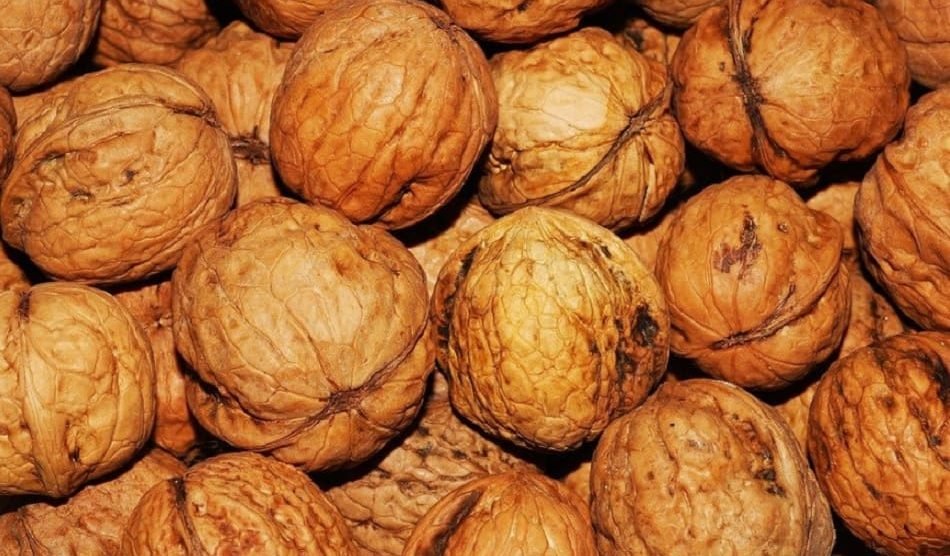J&K walnut sector claims that under-invoiced imports are harming local livelihoods.
Exporters and merchants of walnuts from Jammu and Kashmir, the country’s primary walnut growing area, have claimed that shipments of the premium nut, particularly from Chile, were under-invoiced in order to escape the 100% import levy imposed to safeguard local farmers.
Officials of the Kashmir walnut industry, including exporters and the small-scale sector, have called for the imposition of a quantity-based tax on walnut imports, similar to the one imposed on almonds, to prevent traders from undervaluing the product, which ‘suppresses domestic prices’ and harms local industry and producers.
In separate petitions to PM Modi, FM Nirmala Sitharaman, and Commerce Secretary, the J&K Walnut Exporters’ Association and the Birpur Small Scale Industries Association stated that the Centre’s well-intended move of imposing a 100% import duty on walnuts to protect local producers and marginal workers from the unfair price advantages enjoyed by large scale farmers in other countries had not worked due to rampant under-invoicing.
Also Read | Jammu & Kashmir inked contract with New Zealand to improve sheep farming.
‘The massive inflow of discounted walnuts into Indian marketplaces has crushed and reduced local walnut prices. As the prices of local produce fall, the livelihood of the community interested in walnut agriculture suffers,’ the petitions claimed.
The groups emphasized the importance of imposing a quantity-based import tax on walnuts, as has been done for almonds so that there is no room for tax evasion through under-valuation.
Under-invoicing not only permits dishonest importers to sell cheaply, but it also deprives the government of actual import duty money that would have been collected if imports occurred at the fair globally prevailing prices, according to industry.
In comparison to the internationally prevalent rates of more than $3.80 per kg, walnuts are imported at $1.30 per kg, avoiding 100% duty on the remaining $2.50 per kg, which equates to ₹ 200 per kg, according to the representations.
‘At this rate, the expected income loss from the import of 1,800 containers weighing 18,000 kg each will be ₹ 648 crore.’ Furthermore, it reduces GST revenues by ₹ 10 per kilogram, which works out to ₹ 32.5 crores for 1,800 containers, and this spiral of under-invoicing would subsequently continue in the local market,’ according to calculations provided by the two groups based on current import numbers.
Also Read | Jammu & Kashmir farmers market linkages to be strengthen-PHDCCI.
This effect is enhanced by more than double when walnut kernels are acquired by breaking walnuts.
Under-invoicing by importers lowers prices, making the realization value for Kashmir farmers relatively low, according to industry organizations. ‘If this continues, there will be little motivation for these tiny farmers to start new plantations, and the trade would eventually dry up,’ the petitions stated.
According to government estimates, 2.82 lakh tonnes of walnuts were cultivated in India in 2021-22. J&K supplied around 92% of the product. (Inputs from News agency)


















Add Comment